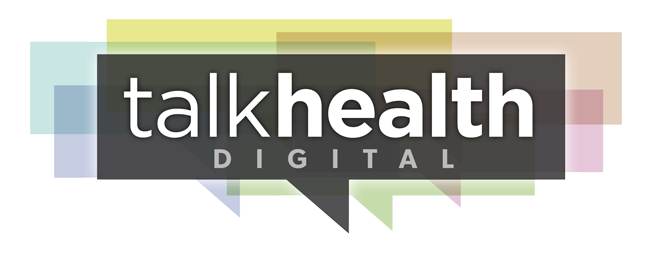How coronavirus has impacted access to healthcare
The coronavirus pandemic has changed just about every part of our daily lives – from the way we work to how we socialise and shop for groceries. And as a healthcare crisis, the way in which we access medical care has been affected too.
We wanted to find out how the pandemic has changed our members’ healthcare regimes over the past year – what impact those changes have had on well-being and whether they thought that any new developments or ways of accessing support and treatment were better than the original.
Technology has been a saving grace for so many people during this crisis and it seems like a foregone conclusion that it’s going to play an increasingly important role in patient-centric healthcare.
The highlights
- Nearly 40% of our members were asked to shield during the first lockdown
- The most common chronic ailment is poor mental health, with 65% living with depression and/or anxiety
- Of those who said they’d have liked to have been offered specialist support over the initial coronavirus period, 34% wish they had been offered more information on how the virus might affect their pre-existing condition.
- 45% ignored health symptoms that they might otherwise have had checked by their HCP
- Regular medical care was accessed mainly over the phone (73%)
As a platform largely dedicated to helping those living with chronic conditions, it’s no surprise to learn that a large number of our members shielded during the initial lockdown. It was also therefore quite predictable that so many members have been living with poor mental health. A whopping 65% of respondents said that they had depression and/or anxiety, with depression being cited as one of the health conditions or symptoms that coronavirus had made worse.
HCP contact in the age of coronavirus
While it was important to build up a general landscape of how talkhealth members had spent the lockdown and what direct impact coronavirus had had on them (just 11% believe that they’d had the virus), our focus was mainly on how healthcare services had been accessed. We wanted to find out whether patients were being offered innovative, tech-led solutions to the lack of face-to-face contact and if so, whether these new means of access were an improvement on regular GP and specialist appointments.
It was clear that not enough information was distributed to patients at the start of the crisis. That was understandable; we were all still trying to understand exactly what coronavirus was, what impact it would have on certain populations and how to best support the public. But we found that nearly 50% of members were unclear about when they should contact their GP or specialist with worries. With that in mind, it’s no wonder that 45% said they had ignored health concerns or symptoms over the lockdown that they would normally have got checked by their HCP.
We’re now seeing the Government actively encouraging the public to seek medical help for non-coronavirus related ailments and issues as we head into a second lockdown.
Delays and triumphs
Despite all the doom and gloom, the NHS proved more than capable of keeping everyday services running.
While 54% of medical appointments were delayed, treatments were more likely to run on time (62%), as were prescriptions (86%).
New methods of access
Clearly, heading into the local GP surgery wasn’t an option for many of our members (and the wider public). As such, the healthcare sector had to adapt in order to chat with house-bound patients.
73% of members accessed their regular medical care via phone calls. Nearly 20% still had face-to-face meetings with GPs, but video calls and telemedicine made just 15% of appointments – suggesting perhaps that technology hasn’t quite found its feet in the local healthcare sector just yet. Given the unprecedented nature of the crisis, perhaps that’s to be expected.
A quarter of respondents said that they preferred the alternative type of appointment offered during the lockdown but it’s clear that the majority prefer the standard, in-person meeting.
Conclusions
Lockdown #1 was hard on us all. Going into lockdown #2, we all know a lot more about the virus and how to deal with it. The public is being actively encouraged to seek medical help and visit their GP with non-coronavirus issues.
There are lessons to be learned and clearly, there’s still a way to go in terms of rolling technological-based support out across the NHS, and ensuring that the public feels confident about using it.
The most damning revelation we found was just how much of an impact coronavirus and social isolation has had on our members’ mental health. We’re proud to offer comprehensive support on a wide range of issues and health concerns, including mental well-being.
When asked about joining on of our support programmes, the most popular choices were our mysleep and mywellbeing courses. That suggests that members really are crying out for comprehensive, actionable support to help them feel more in control, happier and better rested.
If you would like to discuss this report or get involved in either our sleep or well-being support programmes, please email us at info@talkhealthpartnership.com.
(Image: Elena Koycheva/Unsplash)




